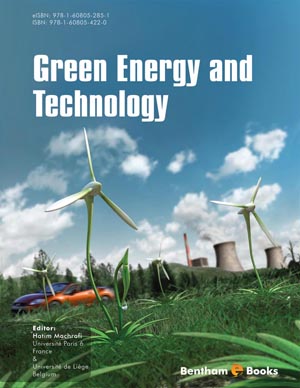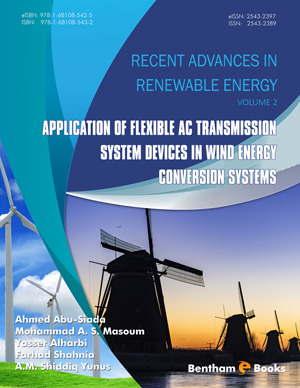Abstract
The aim of this paper is to discuss potentials of biofuels to contribute to environmentally sustainable energy supplies based on the Sustainable Process Index (SPI), an alternative calculation method for ecological footprints. The paper focuses on energy demand for transport. Comparing biofuels with fossil fuels it can be seen that “conventional” first generation biofuels reduce the overall ecological pressure about 30% compared to fossil fuel. If second generation biofuels are used footprint reductions of factors 13 to 16 compared to fossil fuel can be achieved depending on the production methods and the scale of the plant. On the other hand, production limits occur due to overall environmental capacity limits and resource constraints. If we look into technological options for transport, the long term development seems to be electricity based. Yet, we still lack sufficient sustainable electricity production besides wind and biomass. Therefore, we suggest that biofuels may be an advantageous option in a transition period from fossil based to electricity based transport systems, where minor effort is needed to retrofit vehicles until new electricity based technologies for transport means and the corresponding electricity production are available.
Keywords: Ecological footprint, sustainable process, process index, energy footprint, biofuels, renewable, energy, sustainable, development, environmental sustainability, environmental capacity limits, impact on environment, systems approach, life cycle assessment, fossil fuel substitution, optimal solution.


















